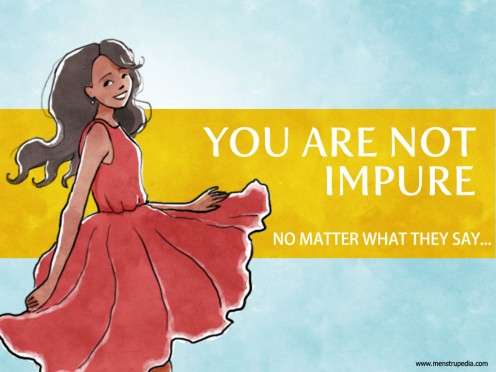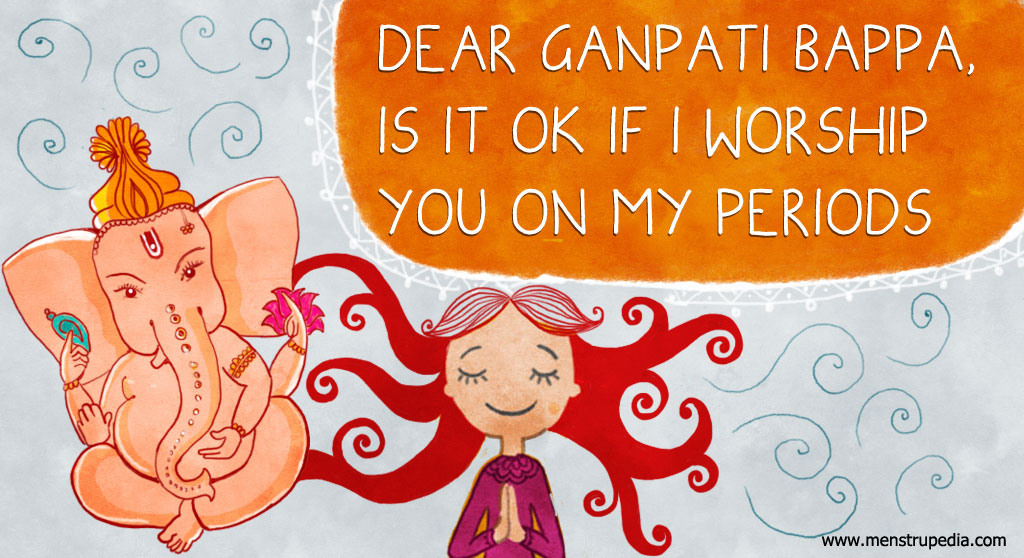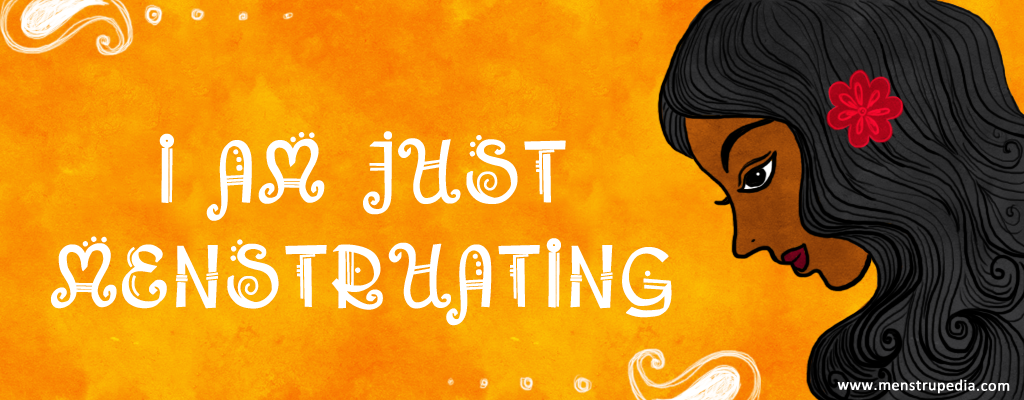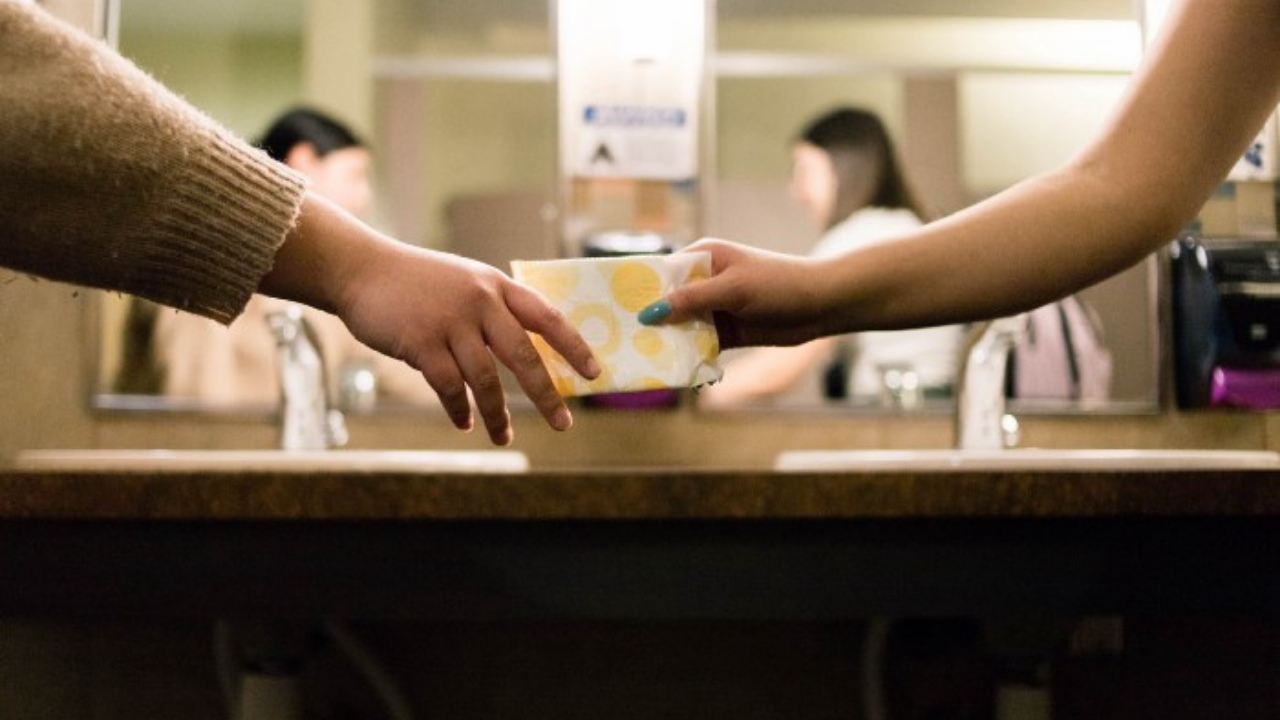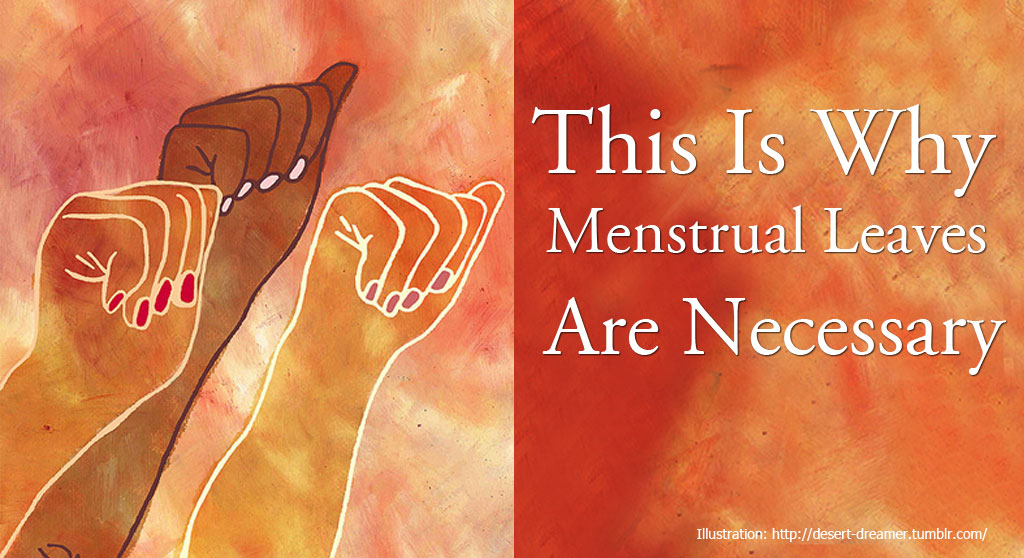I am looking back on when I first got my periods roughly around the fourth grade when the concept of a period was something I found difficult to understand. It wasn’t until the fifth grade that I finally got some information about periods and about the usage of pads. I was thankful that menstrual taboos were not strictly enforced for me aside from not touching food or being unable to pray. These practices however did cause arguments between me and my mother and they still do even up today. To add to that, I was one of the very few girls who never really experienced any pain during my monthly cycles compared to some of my friends who were part of the role – conforming community. Granted, it could also have been contributed to by my fairly high tolerance for pain.
To my misfortune, the idea of being treated as an ‘untouchable’ during those times when I was meeting my family stings me even to this day. Even worse – during this one time while catching a train with some relatives, the ‘don’t-go-near-her’ comments during the trip makes me feel like I am better off visiting India when I hit menopause or when I can travel with someone who won’t treat me as an untouchable or enforce outdated practices regarding menstruation upon me. As an Indian American who was born and who currently lives in the United States, I am a firm believer of the strength of biological sciences over petty taboos with no proper reasoning or logic behind them. I have a lot of respect for women in India who have the mental strength to deal with these taboos every single month through, and to those who are transitioning to renounce the prevalence of such taboos for the sake of future generations.
As far as menstruation is concerned, it was only during my late second/early third year of high school that I took some time to browse through the internet to try to figure out menstruation and why the concept of being treated as an untouchable for those few days was such a common practice. To my surprise, it was just what I had been able to intuitively deduce when I was fifteen or sixteen. The reasoning mainly revolved around the lack of hygiene practices back in those days; so different from when they are compared to the various hygiene products being sold nowadays and the alternative eco-friendly products being manufactured to deal with these monthly issues in ways that do not add so many disposable pads to the landfills.
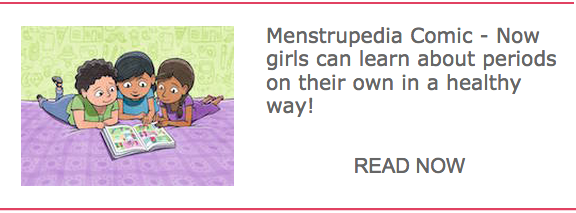
One example of this is when I purchased a menstrual cup on Amazon. I never had any experience wearing tampons prior to this, so the learning curve was a bit different for me when I first used a menstrual cup. It has barely been a year since I first used one and I feel so content because my use of pads is going down drastically and I don’t even feel as if I am having my periods when I am using them. I am even thinking about getting another one to keep in stock so that when the time comes, I can dispose the old one away through proper disposal methods and use the new one in due course. I have also begun to take a look at the idea of using cloth pads. I have been informed of the method by previous generations of family members having to resort to them and comparing them to modern cloth pads did lead me to question the durability of cloth pads at the present time.
Despite the growing advancement of menstrual products from developed nations, and their act of donating them to those in need of them through organizations and companies, I see no reason for those having access to such products to ever feel or be treated as untouchables both within and outside their households. My patience is slowly decreasing when it comes to following any sort of ‘procedure’ that has no reasoning or backbone to it. I have to admit, I feel more distant from my cultural upbringing because of this ‘don’t-touchism’ worldview premised on degrading a concept that is biologically normal for women to have. I do not believe that it would be a sin to play instruments, take part in prayers and engage in related activities when a woman is on her periods.
In fact, ‘sin’ is really an overused/abused word to the point where it doesn’t mean what most people believe constitutes a sin in today’s world. We cannot blindly dictate what God or ‘higher powers’ have dictated based on any sort of bias that hinders others from being culturally active (or physically active for those not affected much by having a cycle) in special events and occasions. We really cannot cherry pick which practices to follow and which not to if we use such an approach. How can we make such declarations of women being impure when such processes are normal for female health and attribute them instead as those given as a punishment by supposed higher powers? It is impractical to give praise to women for being healthy yet isolate them as if they are ‘untouchables’ who are ‘impure’. Had it not been for these monthly ‘impurities’, we wouldn’t have women who contribute a huge percentage of their energy and part of their genetic traits to pass down to many generations of people for over thousands and thousands of years.
While it may take many years, I do believe some changes need to be made or at least guidelines to follow with politeness and an open mind must somehow be identified. A normal biological function occurring in females should not be shushed, hidden in the dark or cause them to feel inferior or mistreated because it is out of their control. No more should menstruation hurt women anymore, like these blind practices have done, especially those practices not backed by scientific facts with regards to female health. To those women dealing with this, you are never impure, normal, and weak for dealing with menstruation and those practices related to it. Do not let anyone tell you otherwise.
Surya is a college student residing in the United States; she have been working on an Associate’s Degree in order to transfer to a University to pursue a Bachelor’s Degree in Biotechnology.she likes to drawing, role-playing, and playing instruments. She blogs here.
Editor: Divya Rosaline
Share your story with us and write for Menstrupedia Blog. More Info here


